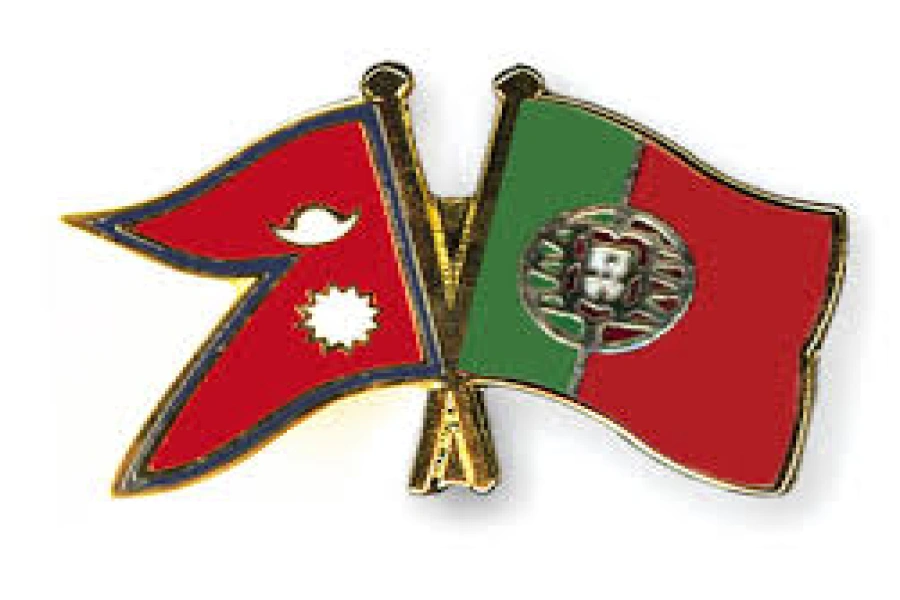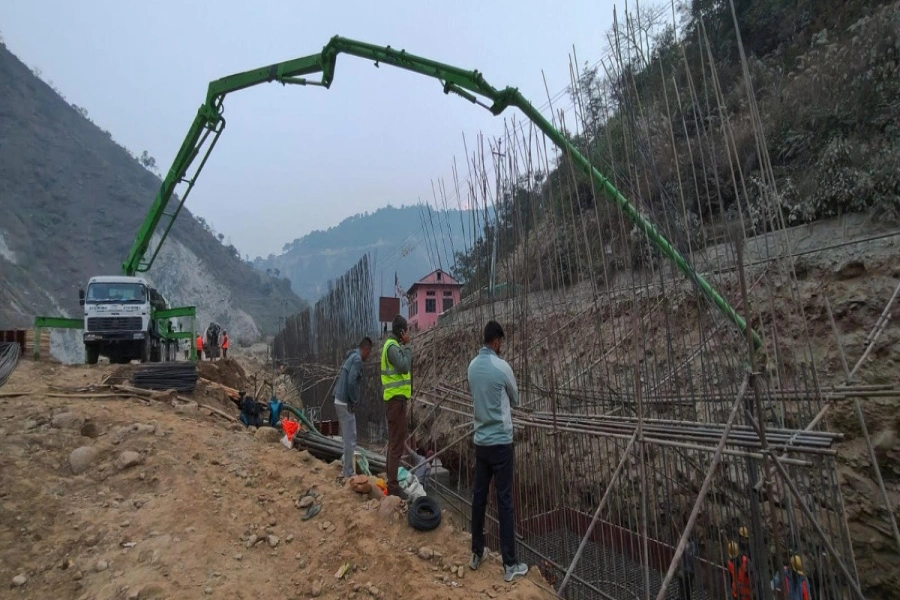KATHMANDU, Aug 27: The president of the main opposition Nepali Congress Sher Bahadur Deuba has urged the government to initiate necessary processes to amend the recently implemented new Muluki codes and remove some of its provisions, especially those that undermine press freedom and infringe upon the integrity and professionalism of medical professionals.
Speaking in parliament on Sunday, NC parliamentary party leader Deuba said that it is unfortunate that the government did not take any initiatives to correct the shortcomings of the Muluki codes which were readied a year ago. “I urge the government to start the necessary process to amend some of the problematic provisions, especially those that curtail press freedom and infringe upon the integrity and professionalism of medical professionals and police investigation,” he said.
The new Muluki codes to replace the one-and-a-half centuries-old Muluki Ain (Civil Code) that introduces sweeping reforms in the traditional legal practices and legal provisions to deal with modern technology-based crimes came into effect on August 17. However, the new codes soon courted controversy after some of the provisions were found to be against the freedom of expression, press freedom and the right to information.
Muluki codes provisions challenged at SC

Section 293 prohibits listening or recording conversations without consent; Section 294 prohibits publicizing private information without consent; Section 295 prohibits taking photos without consent; Section 296 prohibits selling or publishing of photos for commercial purpose without the consent of the subject(s) in the photographs; Section 298 prohibits receiving or sending or publishing unauthorized information on an electronic medium; Section 305 prohibits slander; and Section 306 prohibits libel, and even the use of satire. The violators are subject to one to three years in prison and Rs 10,000 to Rs 30,000 in fines.
Various national and international organizations have called upon the government for immediate amendments in the new law.
The Federation of Nepali Journalists has even announced nation-wide protests from August 28 to September 7 demanding amendments to the new law.
Similarly, referring to reports that the district police office in Kanchanpur deliberately delayed investigation to protect those guilty in the rape and murder of 13-year-old Nirmala Panta, Deuba accused the government of protecting the culprits and denying justice to the victim. “When the state itself tries to protect culprits, how will an innocent citizen get justice? The move to protect criminals is a crime in itself,” he said, adding, it was natural for the locals to resort to protests when the state mechanism itself sides with the criminals.
“I also strongly condemn the government’s move to use force against the protesters. I want to ask the prime minister what kind of democratic practice is he exercising when a boy has to lose his life demanding justice for a victim of rape and murder,” he added.
He urged the government to investigate into Nirmala’s rape and murder case seriously and ensure justice to the victim’s family.



































